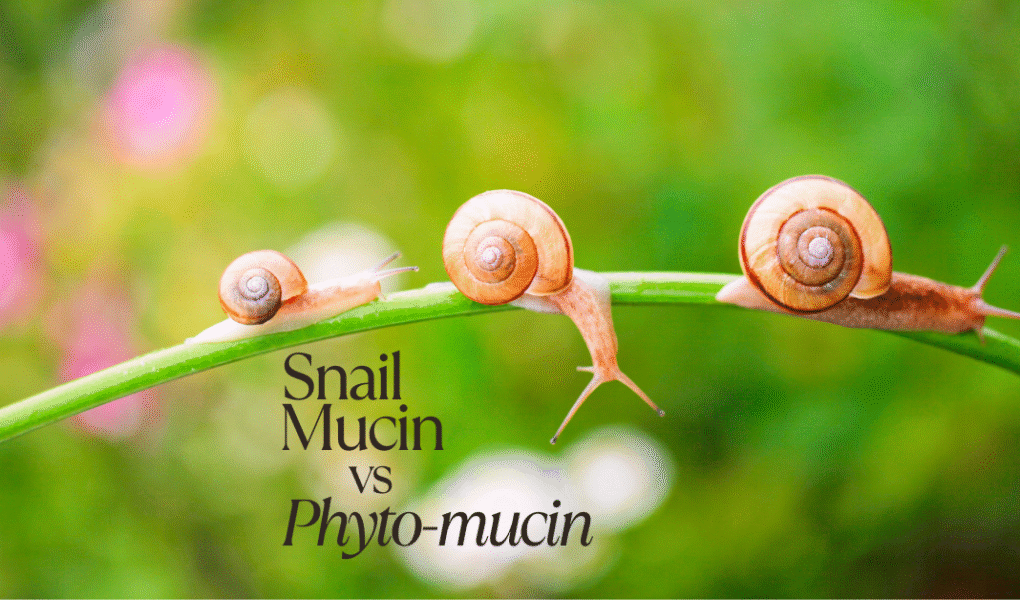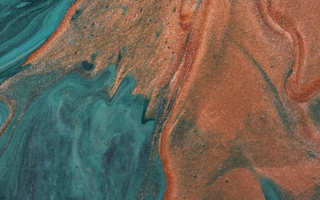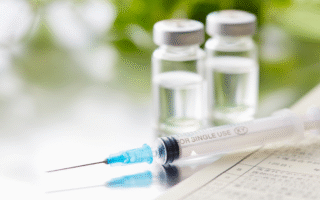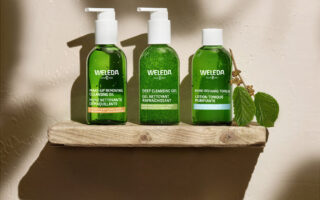The short answer: not necessarily. But if you’ve ever read the children’s book The Snail and the Whale by Julia Donaldson, it’s likely out of the question.
Snail mucin is often praised for its hydrating, soothing, and skin-repairing benefits. And yes, it has some real strengths. It’s rich in humectants and nutrients that help support skin barrier function. Dermatologists often highlight its wound-healing potential, and it’s widely used in Korean skincare for these reasons.
But it’s also worth acknowledging that how snail mucin is sourced isn’t always as innocent as it sounds. While some companies claim to use “ethical” methods, such as having snails crawl across mesh in dark, calm environments, others have been reported to stress snails intentionally to stimulate more mucin production. Some sources even describe procedures where snail shells are removed, raising serious ethical concerns.
Meet the Alternatives
A list for ingredient-conscious shoppers looking for similar benefits without stressing out a single gastropod. Serums that swap snail mucin for wild yam root extract and other beneficial ingredients.
- Vegreen Fragrance-Free Nature Mucin Serum – $18 – $20
Plant-based, cruelty-free and formulated with 63% wild yam extract.
🛍️ Official Website
🛒 Amazon storefront - BYOMA Phyto-Mucin Glow Serum – $15.99
Dermatologist tested and approved, non-comedogenic, alcohol and fragrance-free, vegan and cruelty free. Dioscorea Japonica Root Extract.
🛍️ byoma.com
🛒 Amazon storefront - Saint Jane Rich Rescue Phyto Mucin Cream – $45.00
Korean formulated from yam root combined with niacinamide, hyaluronic acid and sacred lotus.
🛍️ Official Website
🛒 Amazon storefront
What Is Phyto-Mucin, Anyway?
Phyto-mucin refers to mucin extracted from plants (phyto = plant). Common sources include okra, yams, and konjac root.
Note: Some health experts caution that people with hormone-sensitive conditions — including certain cancers, endometriosis, or fibroids — as well as men with hormonal concerns, may want to avoid wild yam creams and supplements due to their potential estrogen-like effects. If you’re unsure, it’s best to consult with a healthcare provider.
The Beauty of Options
For anyone looking to avoid phytoestrogens due to hormonal sensitivities or related health concerns, there are still effective skincare options that deliver hydration, firmness, and antioxidant support without wild yam extract. Two standout alternatives include:
- Tatcha The Essence – Healthy Aging Firming Treatment ($110 full size, $25 mini)
100% Hadasei-3™, a proprietary complex of Japanese superfoods (green tea, rice, and algae), visibly plumps and smooths skin while enhancing absorption of serums and creams.
Formulated without: mineral oil, synthetic fragrance, sulfates, detergents, parabens, urea, DEA, TEA, or phthalates.
🛍️ Tatcha Official Site
🛒 Amazon storefront - Mad Hippie Vitamin C Serum ($33.99)
A lightweight serum with Konjac Root, Ferulic Acid, Hyaluronic Acid, and Vitamin E to help brighten and hydrate while supporting elasticity—without any phytoestrogenic ingredients.
🛍️ Mad Hippie Official Site
Disclosure: This post may contain Amazon affiliate links. If you choose to purchase through them, I may earn a small commission—at no extra cost to you.
Tried & Tested: My Experience with Phyto-Mucin
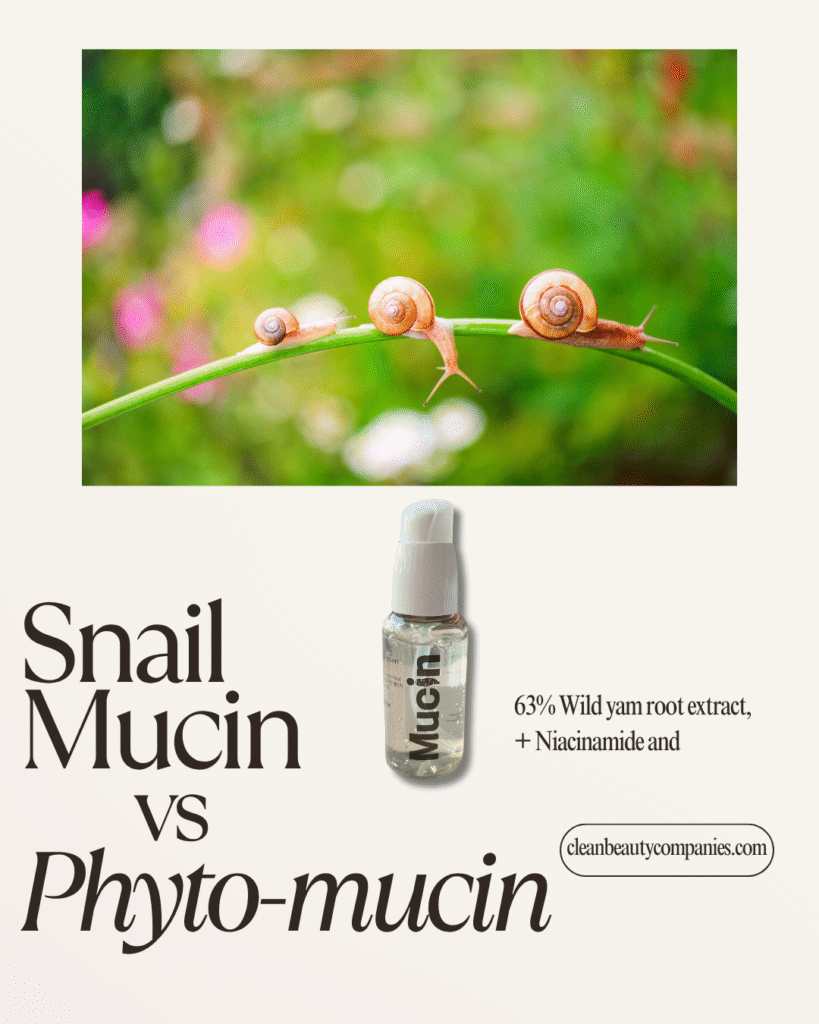
Editor’s note: I’ve personally been testing the Vegreen Nature Mucin Serum, which features 63% wild yam root extract in place of snail secretion. While it hasn’t transformed my skin into a glassy mirror (nor was that the goal), I’ve noticed an improvement in firmness, a subtle dewy finish, and a more hydrated look overall.
